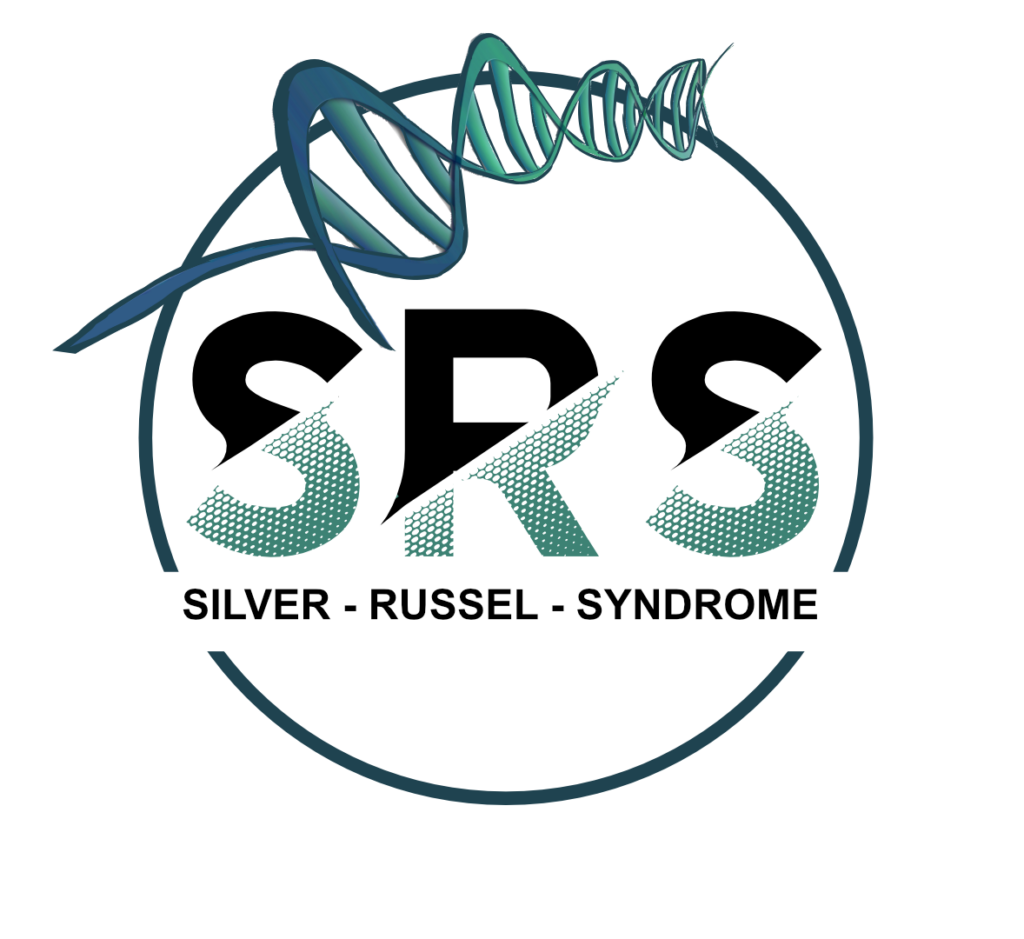Living with Silver-Russell Syndrome (SRS) as an adult can present unique challenges. While not every adult with SRS will experience all of these issues, many have reported similar concerns. It’s important to note that the following information is based on personal experiences shared by adults with SRS and does not substitute for professional medical advice.
Common Challenges for Adults with SRS
Physical Health
- Persistent short stature
- Gastrointestinal issues (e.g., acid reflux, constipation)
- Dental problems due to small jaw size
- Joint pain or mobility issues
- Fatigue and low energy levels
Mental Health
- Body image concerns
- Anxiety or depression related to physical differences
- Social anxiety in new situations
- Stress related to medical appointments and procedures
Social and Professional Life
- Difficulty finding age-appropriate clothing that fits well
- Challenges in romantic relationships due to physical differences
- Workplace discrimination or underestimation of abilities
- Struggles with physical tasks in daily life or at work
Long-term Health Concerns
- Increased risk of diabetes or insulin resistance
- Potential for early onset osteoporosis
- Cardiovascular health monitoring
Coping Strategies Suggested by Adults with SRS
These strategies have been shared by adults living with SRS. They are not medical recommendations but personal experiences that some have found helpful:
- Seeking out tailors or learning basic sewing skills to adjust clothing
- Joining support groups or online communities for adults with SRS. One of those groups can be found on Facebook : (TARSS),Teens and Adults with Russell Silver Syndrome | Facebook*
- Practicing self-advocacy in medical and professional settings
- Exploring adaptive tools or techniques for challenging physical tasks
- Focusing on overall health through nutrition and appropriate exercise
- Considering therapy or counseling for mental health support
- Educating friends, family, and colleagues about SRS to increase understanding
- For joint pain: Trying warm water therapy or brief cold water applications; using braces when necessary, but avoiding prolonged use
- For energy management: Taking more frequent breaks throughout the day to help maintain energy levels
- For low blood sugar: Eating frequently and consuming long-lasting sugars when energy expenditure is high
- For chronic pain: Recognizing that while there may not be a complete solution, it’s important to not let it stop you. Remember that it’s not the pain itself that stops you, but the thoughts you have about the pain. Focus on controlling these thoughts and maintaining a positive mindset
- Getting a yearly check-up with an endocrinologist
Remember, every individual’s experience with SRS is unique. What works for one person may not work for another. It’s always best to consult with healthcare professionals for personalized advice and treatment options. The strategies mentioned here are meant to provide ideas and support, showcasing how other adults with SRS have navigated similar challenges.
*External resources, they are not linked to this website.
